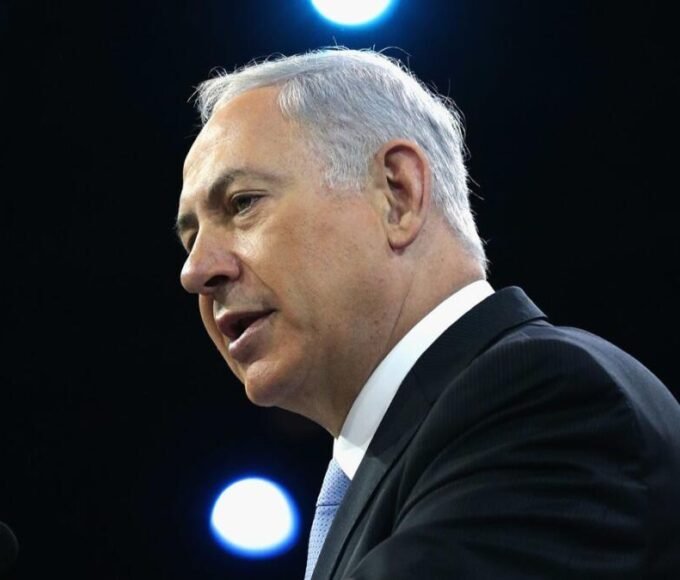Table of Contents
A New Chapter of Violence in Yemen’s Capital
On August 24, 2025, the Yemeni capital Sanaa was rocked by a series of devastating Israeli airstrikes targeting multiple sites, signaling an escalation in the ongoing proxy conflict that has engulfed the Middle East for years. The attacks resulted in the death of six civilians and left 86 others critically wounded, according to officials from the Houthi administration controlling the city.
This grim event marks a worrying intensification in hostilities between Israel and Iran-backed Houthi forces operating in Yemen, underscored by recent missile launches against Israeli territory and retaliatory Israeli bombardments.
Targets and Tactical Objectives
Israeli Defense Forces (IDF) reported the precise nature of their targets: a military facility housing the presidential palace, two power generation plants essential for civilian and military infrastructure, and a fuel depot. These strikes indicate an aim to debilitate the Houthis’ operational capabilities and infrastructure support, diminishing their ability to launch further attacks.
The air campaign involved over ten fighter jets, with Israeli officials emphasizing the strikes were aimed at neutralizing threats posed by Houthi surface-to-surface missiles and drones launched towards Israeli territory.
Human Impact: Casualties and Community Trauma
The human toll was immediate and severe. The loss of six lives and injuries to 86 people trembled through a city still struggling with poverty, conflict, and blockades. Medical facilities overwhelmed by the influx of casualties faced shortages in supplies, and ordinary citizens endured disrupted power and fuel shortages due to damaged infrastructure.
Witnesses described scenes of chaos, collapsed buildings, and terrified families scrambling for safety amid smoke and explosions — a tragic embodiment of the civilian suffering often overshadowed by geopolitical narratives.
The Houthis’ Response and Continued Conflict
Shortly after the airstrikes, Houthi officials vowed continued resistance, framing their missile launches towards Israel as acts of solidarity with Palestinians amidst the Gaza conflict. Their spokesperson declared that Israeli aggression in Yemen would not deter their military operations, emphasizing a willingness to endure sacrifices.
This vehement stance fuels a cycle of retaliation, complicating prospects for ceasefire or peace and escalating regional instability.
Regional and International Reactions
International actors expressed deep concern over the escalation. The United Nations called for restraint and respect for civilian life, urging all parties to prevent further suffering. Humanitarian organizations highlighted the fragile situation in Yemen, a country already devastated by years of war and humanitarian crises.
Voice from Arab and Muslim nations condemned the strikes, calling them violations of sovereignty and exacerbations of a broader conflict affecting the region’s security landscape.
The Broader Conflict Context
This latest episode ties into the wider proxies and alliances shaping Middle East conflicts—where Yemen becomes a battleground between Iran-backed Houthis and Israel, supported by its regional and Western allies. The Red Sea shipping lanes, crucial for global trade, also remain vulnerable to Houthi attacks and Israeli countermeasures, adding strategic dimensions to the conflict.
Impact on Yemen’s Civilian Population
The civil war in Yemen has inflicted one of the worst humanitarian crises globally. Israeli strikes, alongside Saudi-led coalition actions, contribute to the destruction and exacerbate shortages of food, medicine, and basic services. Millions face displacement, hunger, and disease, caught in political and military crossfires with little respite.
The Future of Yemen’s Conflict
The cycle of violence risks spiraling further, with diplomatic efforts struggling amidst entrenched mistrust and competing geopolitical aims. The ability of local and international actors to mediate a lasting ceasefire remains uncertain, heavily reliant on cooperation and concessions from all parties involved.
Human Stories of Resilience Amid Destruction
Amid the tragedy, stories of courage and survival emerge as hospitals, aid workers, and ordinary citizens navigate the chaos daily. Community networks provide support and hope, reminding the world of the enduring human spirit even in the darkest times.
Conclusion: Seeking Peace in a Fractured Land
The recent Israeli strikes on Sanaa underscore the profound human and political costs of Middle East tensions. While military objectives shape the headlines, the lives affected demand attention, empathy, and action.
Achieving peace in Yemen and the wider region requires renewed commitment to dialogue, humanitarian access, and respect for sovereignty—without which the wounds of conflict will only deepen.
Read More: India’s Flood Alert Sparks Water War Fear in Pakistan










Leave a comment